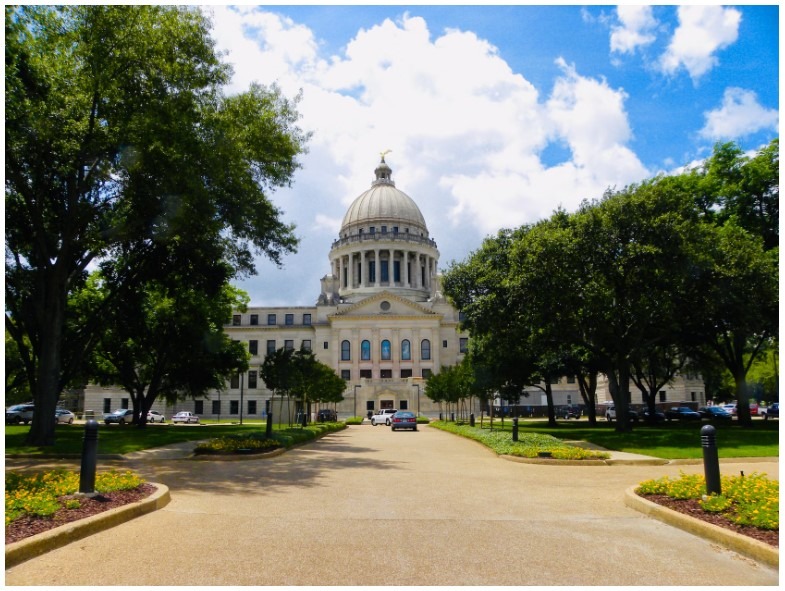In the lush, fertile soil of the Mississippi Delta, where the mighty river meanders and cotton once reigned supreme, lies a small town with a big musical legacy. Indianola, Mississippi, may appear modest at first glance, but it is a place of profound cultural significance, particularly in the world of blues music. This blog post explores the rich history and enduring legacy of blues in Indianola, a town that has given the world some of its most influential music.
The Birthplace of the Delta Blues
To understand Indianola’s place in music history, one must first recognize the significance of the Mississippi Delta in the development of blues music. The Delta blues, a style characterized by its raw, emotive power, was born in the fields and towns of this region. African American sharecroppers and laborers, facing harsh conditions and systemic injustices, found a voice in the blues, using music to express their experiences, hopes, and frustrations.
Indianola, nestled in the heart of the Delta, became a hub for this burgeoning music scene. The town’s location made it a crossroads for musicians traveling through the region, fostering an environment where the blues could thrive and evolve.
B.B. King: The King of Blues and Indianola’s Favorite Son
No discussion of Indianola and the blues is complete without mentioning Riley B. King, better known as B.B. King. Born on a plantation near Itta Bena, just a few miles from Indianola, King would become one of the most influential blues musicians of all time.
King’s journey to stardom began in Indianola. As a young man, he played on street corners and in local juke joints, honing his distinctive style. His fluid guitar playing, characterized by expressive vibrato and string bends, along with his soulful singing voice, set him apart from his contemporaries.
King’s influence on the blues and popular music cannot be overstated. He brought the blues to a broader audience, infusing it with a sense of sophistication and crossover appeal. His guitar, lovingly named Lucille, became an icon in its own right.
Location of the Historical of Club Ebony
Club Ebony in Indianola, Mississippi, is a legendary venue in the history of blues music and holds a special place in the heart of the Mississippi Delta blues scene. Its history reflects the evolution of blues and the cultural shifts in the American South.
Founding and Early Years
- Established in 1948: Club Ebony was founded by Johnny Jones in 1948, during a time when the blues were becoming a significant force in American music.
- A Hub for African American Culture: Like many juke joints and clubs of the era, Club Ebony was more than a music venue; it was a vital part of African American social life, especially in the segregated South.
Golden Age of the Blues
- Renowned Performers: Throughout the 1950s and 1960s, Club Ebony was a key stop for many of the biggest names in blues and R&B. Legends like Ray Charles, Count Basie, B.B. King, Bobby Bland, and Ike Turner graced its stage, making it a must-visit spot on the “Chitlin’ Circuit” – a network of safe venues for African American musicians during segregation.
- Popularity and Prestige: The club’s reputation grew, and it became known for its lively atmosphere, great music, and as a place where blues musicians could hone their craft and gain recognition.
Challenges and Resilience
- Ownership Changes: Over the years, Club Ebony changed hands several times. Despite these changes and the shifting landscape of the music industry, it remained a pivotal location for blues music.
- Facing Adversity: Like many institutions in the heart of the Delta, Club Ebony faced challenges, including economic hardships and changing musical tastes, but it managed to survive and maintain its status as a blues landmark.
B.B. King and Club Ebony
- B.B. King’s Involvement: In 2008, B.B. King, who had performed at Club Ebony early in his career and had deep ties to Indianola, purchased the club to preserve it as a historic site and keep the blues alive in his hometown.
- A Symbol of Legacy: Under King’s ownership, Club Ebony continued to operate as a live music venue and a tangible symbol of the blues’ legacy in the Delta.
Today: A Living Monument to the Blues
- Historical Significance: Today, Club Ebony stands as a monument to the history of blues music and African American culture in the Mississippi Delta.
- Ongoing Celebrations of Blues Culture: The club hosts events and concerts, continuing its tradition as a vibrant hub for blues music. It’s a pilgrimage site for blues enthusiasts and a reminder of the genre’s rich history and cultural significance.
The Indianola Blues Trail and B.B. King Museum
Indianola celebrates its blues heritage with pride, and this is nowhere more evident than in the B.B. King Museum and Delta Interpretive Center. The museum, which opened in 2008, offers an immersive journey through the life and legacy of B.B. King. Exhibits cover everything from King’s early life in the Delta to his ascent to worldwide fame.
The town is also a significant stop on the Mississippi Blues Trail, a series of historical markers and sites commemorating the state’s rich blues heritage. The trail helps visitors and locals alike to explore the places where blues history was made.
The Indianola Blues Challenge and Festival
Indianola’s commitment to preserving and celebrating the blues is also seen in its vibrant live music scene. The Indianola Blues Challenge, an annual event, showcases some of the best local talent, with musicians competing for the chance to represent the town at the International Blues Challenge in Memphis.
The town also hosts the B.B. King Homecoming Festival, an annual event that draws blues fans from all over the country. The festival features performances by established and up-and-coming blues artists, celebrating the legacy of King and the genre he helped define.
Indianola’s Musical Landscape Today
While Indianola honors its past, the town’s musical landscape is not stuck in time. Contemporary blues artists from the area continue to push the genre in new directions, infusing traditional Delta blues with modern influences. The local scene remains vibrant, with live music a regular feature in bars and clubs.
The Influence of the Delta Blues
The impact of the Delta blues, and by extension, Indianola’s musical heritage, reaches far beyond the boundaries of the Mississippi Delta. The raw emotion and simple yet profound structures of the Delta blues have influenced genres ranging from rock and roll to hip-hop.
Artists like The Rolling Stones, Led Zeppelin, and Eric Clapton have all drawn inspiration from the Delta blues, incorporating its sounds and sensibilities into their music. The legacy of Indianola’s blues can be heard in the songs of contemporary artists across the globe.
Indianola: A Pilgrimage for Blues Enthusiasts
For blues enthusiasts, a visit to Indianola is more than just a trip; it’s a pilgrimage. Walking the streets of this small town, one can almost hear the echoes of guitar strings and the soulful crooning of generations past. Indianola is a place where the spirit of the blues is palpable, a living tribute to the enduring power of this most American of art forms.
The Future of Blues in Indianola
As Indianola looks to the future, the town faces the challenge of preserving its musical heritage while staying relevant in a rapidly changing world. Efforts to educate young people about the blues, and to provide opportunities for them to learn and perform

